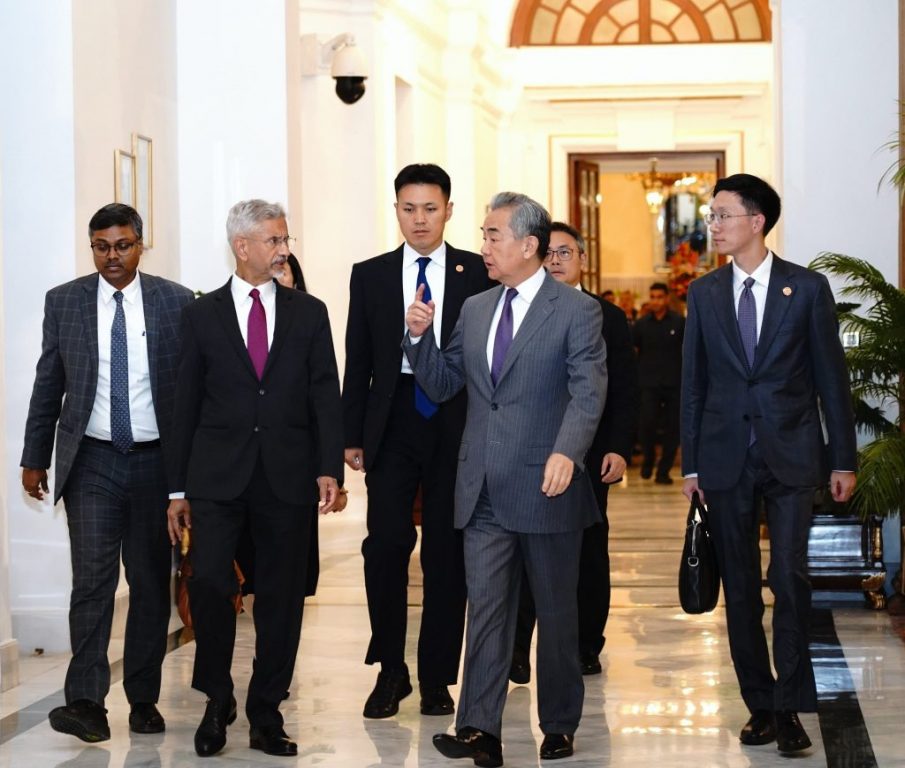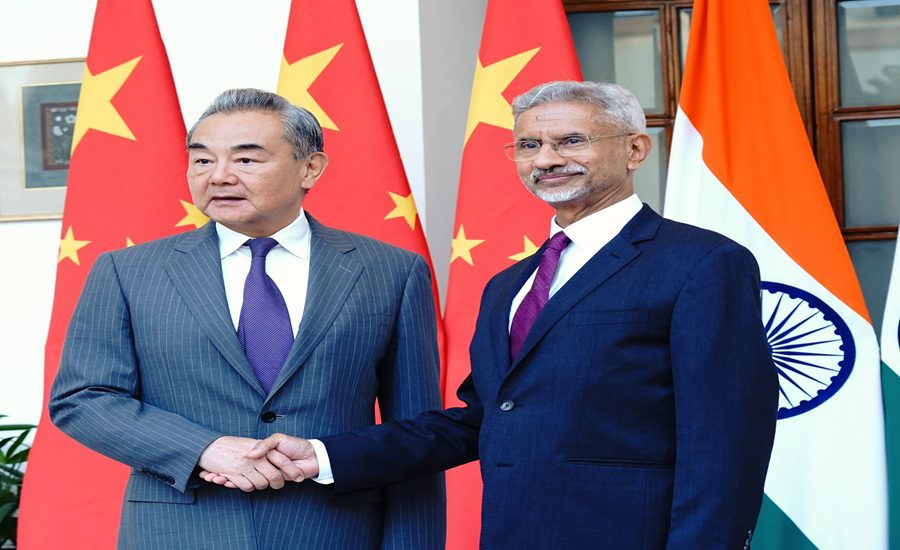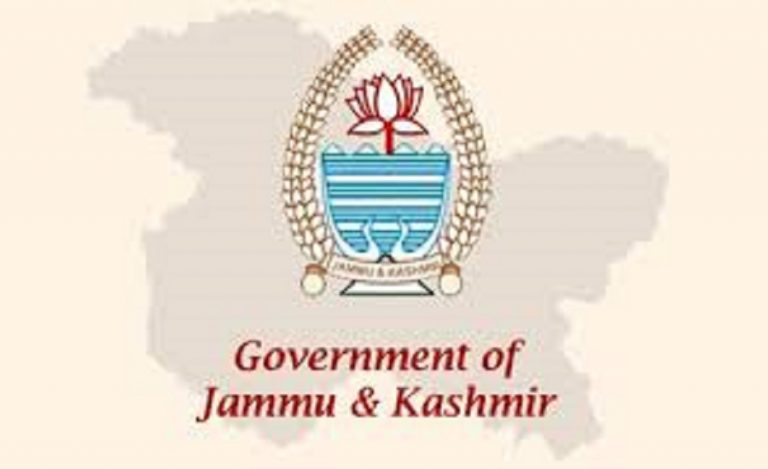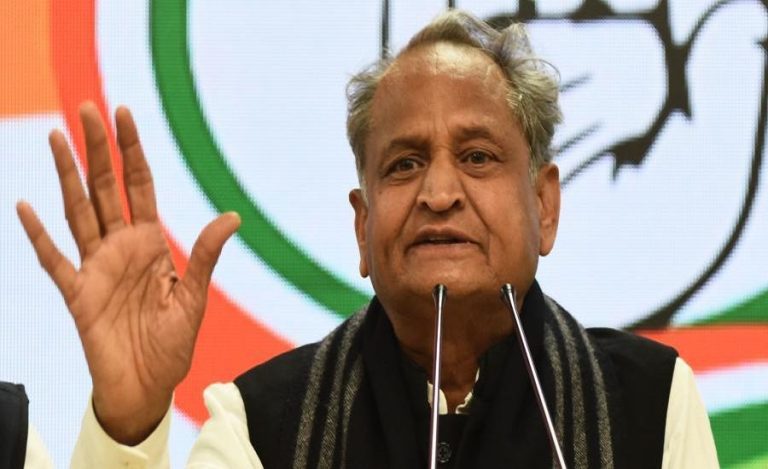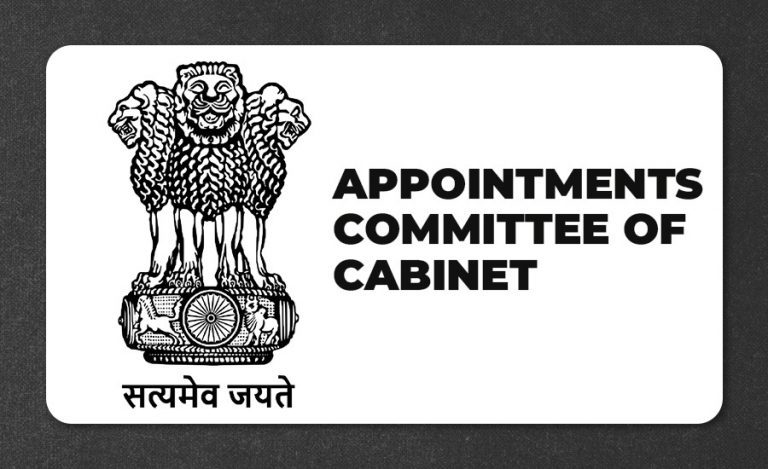New Delhi: Chinese Foreign Minister Wang Yi, also a senior Politburo member, arrived in India on a two-day official visit at the invitation of National Security Advisor Ajit Doval. His trip comes at a critical juncture in India–China ties, amid the ongoing border stand-off in eastern Ladakh and larger geopolitical frictions across Asia.
Soon after arrival, Wang Yi held wide-ranging talks with External Affairs Minister S. Jaishankar. Both sides reviewed the state of relations, stressing the need to stabilise ties through dialogue, cooperation, and management of sensitive issues.
Focus on Border Stability
Jaishankar highlighted that peace along the Line of Actual Control (LAC) remains essential for any progress in the broader relationship. India underscored concerns about repeated incidents at the border undermining political trust.
Wang Yi conveyed China’s willingness to strengthen political exchanges and maintain momentum ahead of the 24th round of boundary talks between the Special Representatives. Both sides reaffirmed commitment to disengagement and reducing tensions along contested zones.
Preparing Ground for Modi’s China Visit
The timing of Wang Yi’s visit is significant. Prime Minister Narendra Modi is expected to travel to Tianjin later this month for the Shanghai Cooperation Organisation (SCO) summit on August 31–September 1.
Analysts view the Jaishankar–Wang dialogue as laying groundwork for Modi’s engagements in China, where both leaders may explore resetting ties, particularly under multilateral forums like SCO and BRICS.
Trade and Economic Issues
Trade featured prominently in discussions. While China remains one of India’s largest partners, New Delhi pressed for greater market access and a balanced partnership. Wang Yi acknowledged the potential for expanding cooperation in technology, infrastructure, and green energy.
At the same time, India remains cautious about Chinese investments in sensitive sectors, balancing opportunities with national security considerations.
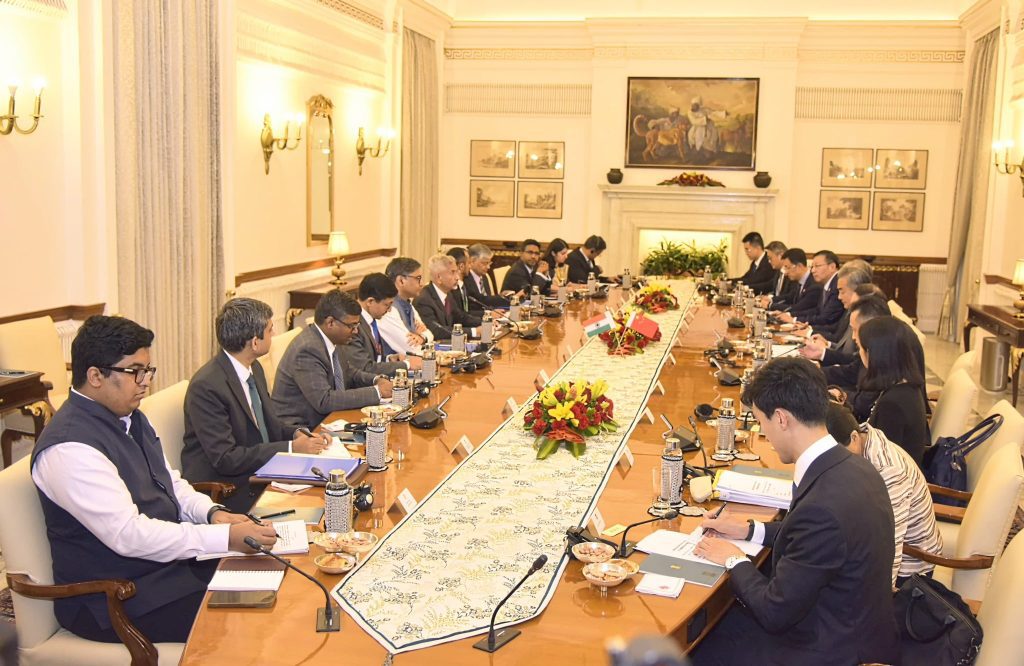
China’s Diplomatic Signalling
Beijing emphasised that Wang Yi’s trip reflects its intent to maintain high-level engagements and build trust at a time when ties with the West are under strain. Chinese Foreign Ministry spokesperson Mao Ning stated Beijing’s aim was to “properly manage differences” and keep ties on a “sustained, healthy, and stable” trajectory.
Regional and Global Implications
The bilateral talks carry implications beyond immediate ties. India seeks to protect sovereignty while keeping dialogue open, whereas China wants to avoid further deterioration in relations.
Both nations are also navigating competing roles in the Indo-Pacific. India is deepening partnerships with the US, Japan, and Europe, while China expands its Belt and Road initiatives. Coordination in multilateral forums such as SCO, BRICS, and G20 remains possible, but strategic competition will limit convergence.
Opportunities and Risks Ahead
Opportunities from Wang Yi’s visit include progress on LAC disengagement, reviving dialogue channels, expanding trade discussions, and setting a positive tone before Modi’s SCO participation.
Risks include fragile trust, border flare-ups reversing political commitments, economic imbalances fueling disputes, and multilateral competition spilling into bilateral frictions.
